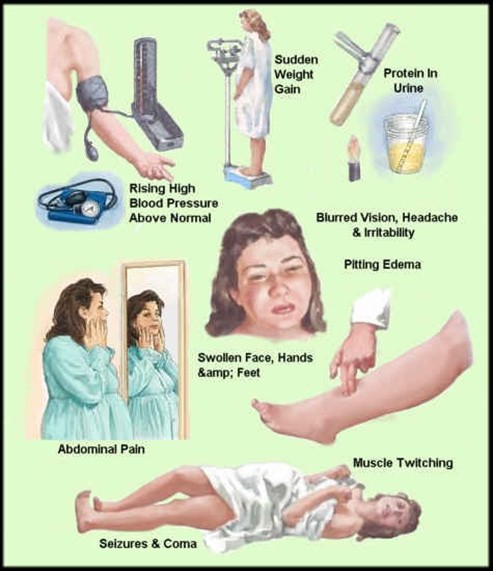A quality control nurse is reviewing medication prescriptions for a group of clients.
Which of the following medication prescriptions should the nurse identify as being complete?
Cimetidine PO twice daily.
Tetracycline 200 mg PO.
Epoetin alfa 150 units/kg three times weekly.
Digoxin 0.25 mg PO daily. Answer and explanation.
The Correct Answer is D
This prescription is complete because it includes the medication name, dose, route, and frequency.
A complete prescription should also include the client’s name, date, time, signature of the prescriber, and any special instructions.
Choice A is wrong because it does not specify the dose of cimetidine.
PO twice daily is not enough information to administer the medication safely.
Choice B is wrong because it does not specify the frequency of tetracycline.
200 mg PO is not enough information to administer the medication safely.
Choice C is wrong because it does not specify the route of epoetin alfa.
150 units/kg three times weekly is not enough information to administer the medication safely.
Normal ranges for digoxin are 0.5 to 2 ng/mL for heart failure and 0.8 to 2 ng/mL for atrial fibrillation.
Normal ranges for cimetidine are 50 to 150 ng/mL.
Normal ranges for tetracycline are 1 to 10 mcg/mL.
Normal ranges for epoetin alfa are not applicable as it is a synthetic hormone that stimulates red blood cell production.
Nursing Test Bank
Naxlex Comprehensive Predictor Exams
Related Questions
Correct Answer is C
Explanation
This is a sign of preeclampsia, a serious complication of pregnancy that can cause high blood pressure, proteinuria, and seizures.

Preeclampsia can affect the placenta, the kidneys, the liver, and the brain of the mother and the fetus. It requires immediate medical attention and may lead to early delivery.
Choice A, bleeding gums, is wrong because it is a common occurrence during pregnancy due to hormonal changes that increase blood flow to the gums. It is not a cause for concern unless it is excessive or accompanied by other symptoms.
Choice B, urinary frequency, is wrong because it is also a normal finding during pregnancy due to the growing uterus putting pressure on the bladder. It is not a sign of infection or kidney problems unless it is associated with pain, burning, or blood in the urine.
Choice D, faintness upon rising, is wrong because it is usually caused by orthostatic hypotension, a drop in blood pressure when changing positions.
This can happen during pregnancy due to the dilation of blood vessels and the increased blood volume. It can be prevented by rising slowly, drinking enough fluids, and avoiding prolonged standing.
Correct Answer is B
Explanation
The correct answer is choiceb. Waits for 2 min between suctions.
Choice A rationale:
Inserting the catheter without applying suction is correct. Suction should only be applied while withdrawing the catheter to prevent trauma to the tracheal mucosa.
Choice B rationale:
Waiting for 2 minutes between suctions is too long.The appropriate wait time is generally around 20-30 seconds to 1 minute between suction attempts to prevent hypoxia and allow the patient to recover.
Choice C rationale:
Applying suction for 15 seconds is within the recommended duration.Suctioning should not exceed 15 seconds to avoid causing hypoxia and trauma to the tracheal mucosa.
Choice D rationale:
Encouraging the client to cough during suctioning is appropriate.Coughing helps to mobilize secretions and can make suctioning more effective.
Whether you are a student looking to ace your exams or a practicing nurse seeking to enhance your expertise , our nursing education contents will empower you with the confidence and competence to make a difference in the lives of patients and become a respected leader in the healthcare field.
Visit Naxlex, invest in your future and unlock endless possibilities with our unparalleled nursing education contents today
Report Wrong Answer on the Current Question
Do you disagree with the answer? If yes, what is your expected answer? Explain.
Kindly be descriptive with the issue you are facing.
